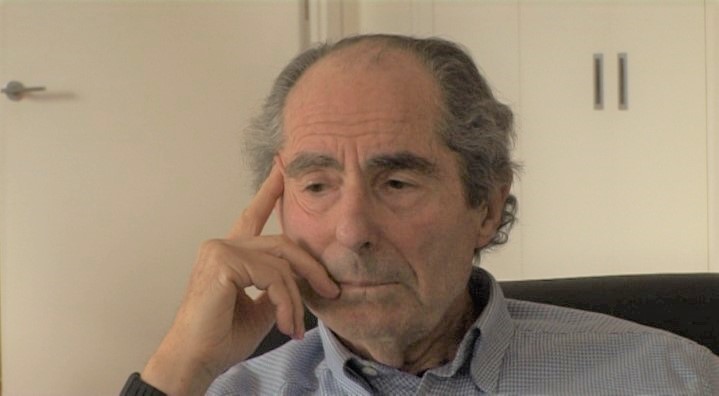NEXT STORY

Early days
RELATED STORIES

NEXT STORY

Early days
RELATED STORIES


|
Views | Duration | |
|---|---|---|---|
| 41. Nemesis (and Madame Bovary) | 461 | 02:55 | |
| 42. Early days | 373 | 02:05 | |
| 43. School is a wonderful invention | 463 | 02:32 | |
| 44. Discovering the world of literature | 549 | 02:05 | |
| 45. My brother's reading list | 570 | 03:10 | |
| 46. No books in our house | 426 | 04:24 | |
| 47. The radio | 318 | 01:28 | |
| 48. Uncle Mickey | 323 | 02:17 | |
| 49. Our neighborhood's mission | 297 | 01:20 | |
| 50. My altruistic father | 345 | 02:11 |


How is Nemesis told? It's told by an unknown narrator, at least, for two-thirds of the book the narrator is unknown, but the book begins with someone talking about polio and the neighbourhood in Newark, and he says we, we did this, we did that. We… and I got that idea — it wasn't my own idea, I have very few original ideas — but I got that idea from 100 years ago, reading Madame Bovary.
I was always charmed and interested that in the first chapter of Madame Bovary, first five pages maybe, maybe no more, a voice who had gone… a boy who had gone to school with Charles Bovary who… elementary school, talks about young Charles and so on, and says we, we… and then you can't find hide nor hair of him again – he is gone; I always liked that. And I thought, I'm going to do that. I liked… and I thought, here you're talking about a community that's in peril, so we is good. We did this, we thought this, and so on — who is the we? Well, I have to find that out too. And so I found it out when I got to the end of the book and the storyteller turns out to be one of the boys from the playground, from Bucky's playground; moreover, one of the boys who got polio.
So then I go back to the first — second or first chapter — and put in that he's one of the names of the kids who gets polio. And say: so there it is. And what I wanted… I didn't want the I to be Bucky, I didn't… I don't know why... well, you know why? Because he's not so smart; he's not so smart; I don't want to make him smarter than he is. This is something writers do all the time. A great example would be Bloom in Ulysses, but John Updike did it with his character Rabbit, in those Rabbit books, and he gets… by the way, both Joyce [James Joyce] and Updike get away with it, but it's a trick, and… but I didn't want to do that with Bucky, because he's an ordinary guy. And so I… but I wanted somebody who was there, and actually I wound up with this problem, which I solved very easily, I think, and then in the end he emerges much more fully as a voice. And he's crippled, too, by polio, so these two guys who have been crippled by the polio epidemic of 1944 in Newark are talking... talking together.
The fame of the American writer Philip Roth (1933-2018) rested on the frank explorations of Jewish-American life he portrayed in his novels. There is a strong autobiographical element in much of what he wrote, alongside social commentary and political satire. Despite often polarising critics with his frequently explicit accounts of his male protagonists' sexual doings, Roth received a great many prestigious literary awards which include a Pulitzer Prize for fiction in 1997, and the 4th Man Booker International Prize in 2011.
Title: "Nemesis" (and "Madame Bovary")
Listeners: Christopher Sykes
Christopher Sykes is an independent documentary producer who has made a number of films about science and scientists for BBC TV, Channel Four, and PBS.
Tags: Madame Bovary, Newark, Charles Bovary, Bucky Cantor, Ulysses
Duration: 2 minutes, 55 seconds
Date story recorded: March 2011
Date story went live: 18 March 2013